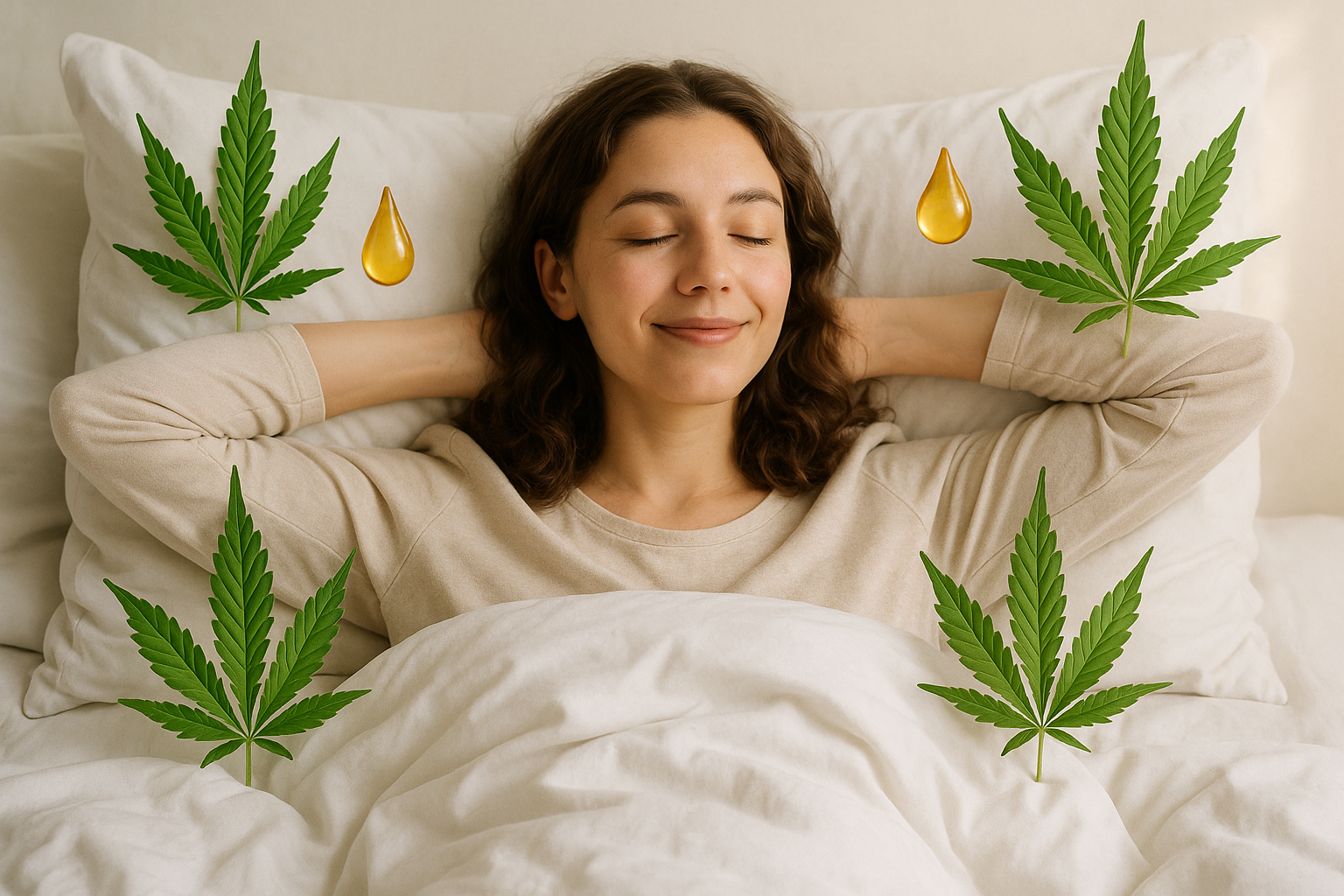Sleep is one of the most essential aspects of health, yet millions struggle with insomnia or restless nights. Cannabinoids like CBD and THC are increasingly recognized for their role in supporting restful sleep and relaxation.
Understanding how they interact can help people make informed choices, including the use of quality products such as HiPuffy THC formulations.
How THC Influences Sleep
THC (tetrahydrocannabinol) is the psychoactive component of cannabis, often associated with the “high,” but it also has notable effects on sleep. THC interacts with the body’s endocannabinoid system, specifically binding to CB1 receptors in the brain. This interaction can promote drowsiness, reduce sleep latency, and increase the duration of deep sleep stages.
Research indicates that THC can help regulate the sleep-wake cycle by decreasing the time it takes to fall asleep and enhancing slow-wave sleep, which is critical for physical restoration. Individuals using THC report feeling more relaxed and experiencing less nighttime restlessness, especially in moderate, controlled doses.
The Role of CBD in Supporting Rest
Unlike THC, CBD (cannabidiol) is non-psychoactive and works differently in the endocannabinoid system. It influences various receptors such as serotonin and GABA, which are key to mood regulation and relaxation.
CBD can reduce anxiety and stress levels, which are common contributors to insomnia. By calming the nervous system, CBD prepares the body and mind for restorative sleep. It may also counteract certain side effects of THC, like over-stimulation or grogginess, making the combination of the two cannabinoids particularly effective for sleep management.
How CBD and THC Work Together
The interaction of CBD and THC is sometimes called the “entourage effect.” When used together, these cannabinoids can complement each other’s effects on sleep and overall relaxation. THC can induce drowsiness and deepen slow-wave sleep, while CBD can reduce anxiety and improve sleep quality without increasing psychoactive intensity.
For example, someone experiencing stress-related insomnia may benefit from a low dose of THC combined with CBD to achieve both mental calmness and physical relaxation. HiPuffy offers THC products formulated with balanced CBD ratios, allowing users to experience these effects safely and consistently.
Practical Tips for Using CBD and THC for Sleep
- Start Low, Go Slow: Begin with a minimal dose of THC, especially if you are new to cannabis products, and monitor your sleep response.
- Timing Matters: Take THC-CBD products 30 to 60 minutes before bedtime to allow the cannabinoids to take effect.
- Consider Delivery Method: Oils, tinctures, or capsules provide controlled doses and steady absorption, while vaping or edibles may act faster.
- Consistency: Using cannabinoids consistently at the same time each night can help establish a stable sleep routine.
- Environment: Pair cannabinoid use with good sleep hygiene—dark room, minimal noise, and limited screen exposure.
Current Research on THC, CBD, and Sleep
Emerging studies highlight that both THC and CBD can play a supportive role in sleep, though mechanisms differ. THC’s sedative properties are most pronounced in short-term use, while CBD’s calming effects can support long-term sleep quality. Research is ongoing, and legal, high-quality products like those from HiPuffy ensure safer experimentation and better dose control.
Potential Side Effects to Consider
While generally well-tolerated, cannabinoids may have side effects. THC can cause daytime drowsiness or mild memory effects if taken in high doses. CBD is typically safe but can interact with some medications. Always consult a healthcare professional before starting a new sleep regimen involving cannabinoids.



